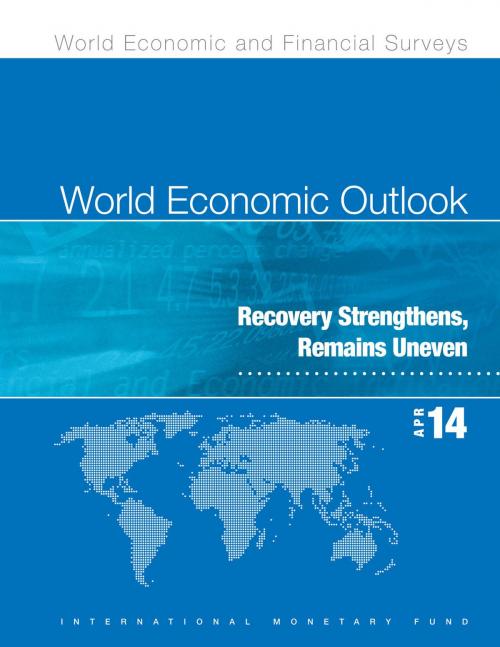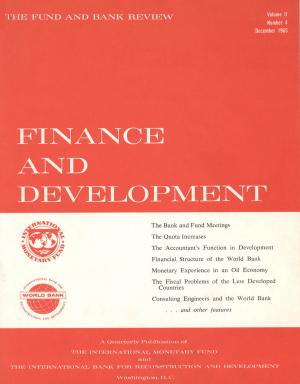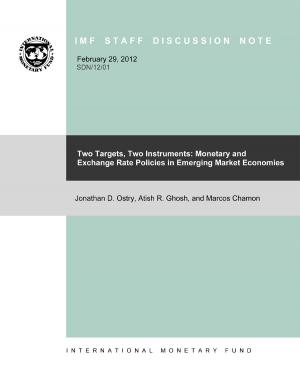World Economic Outlook, April 2014: Recovery Strengthens, Remains Uneven
Business & Finance, Economics, International Economics, Macroeconomics, Nonfiction, Social & Cultural Studies, Political Science, Politics, Economic Policy| Author: | International Monetary Fund. Research Dept. | ISBN: | 9781475571936 |
| Publisher: | INTERNATIONAL MONETARY FUND | Publication: | April 8, 2014 |
| Imprint: | INTERNATIONAL MONETARY FUND | Language: | English |
| Author: | International Monetary Fund. Research Dept. |
| ISBN: | 9781475571936 |
| Publisher: | INTERNATIONAL MONETARY FUND |
| Publication: | April 8, 2014 |
| Imprint: | INTERNATIONAL MONETARY FUND |
| Language: | English |
Global activity has broadly strengthened and is expected to improve further in 2014–15, according to the April 2014 WEO, with much of the impetus for growth coming from advanced economies. Although downside risks have diminished overall, lower-than-expected inflation poses risks for advanced economies, there is increased financial volatility in emerging market economies, and increases in the cost of capital will likely dampen investment and weigh on growth. Advanced economy policymakers need to avoid a premature withdrawal of monetary accommodation. Emerging market economy policymakers must adopt measures to changing fundamentals, facilitate external adjustment, further monetary policy tightening, and carry out structural reforms. The report includes a chapter that analyzes the causes of worldwide decreases in real interest rates since the 1980s and concludes that global rates can be expected to rise in the medium term, but only moderately. Another chapter examines factors behind the fluctuations in emerging market economies’ growth and concludes that strong growth in China played a key role in buffering the effects of the global financial crisis in these economies.
Global activity has broadly strengthened and is expected to improve further in 2014–15, according to the April 2014 WEO, with much of the impetus for growth coming from advanced economies. Although downside risks have diminished overall, lower-than-expected inflation poses risks for advanced economies, there is increased financial volatility in emerging market economies, and increases in the cost of capital will likely dampen investment and weigh on growth. Advanced economy policymakers need to avoid a premature withdrawal of monetary accommodation. Emerging market economy policymakers must adopt measures to changing fundamentals, facilitate external adjustment, further monetary policy tightening, and carry out structural reforms. The report includes a chapter that analyzes the causes of worldwide decreases in real interest rates since the 1980s and concludes that global rates can be expected to rise in the medium term, but only moderately. Another chapter examines factors behind the fluctuations in emerging market economies’ growth and concludes that strong growth in China played a key role in buffering the effects of the global financial crisis in these economies.















